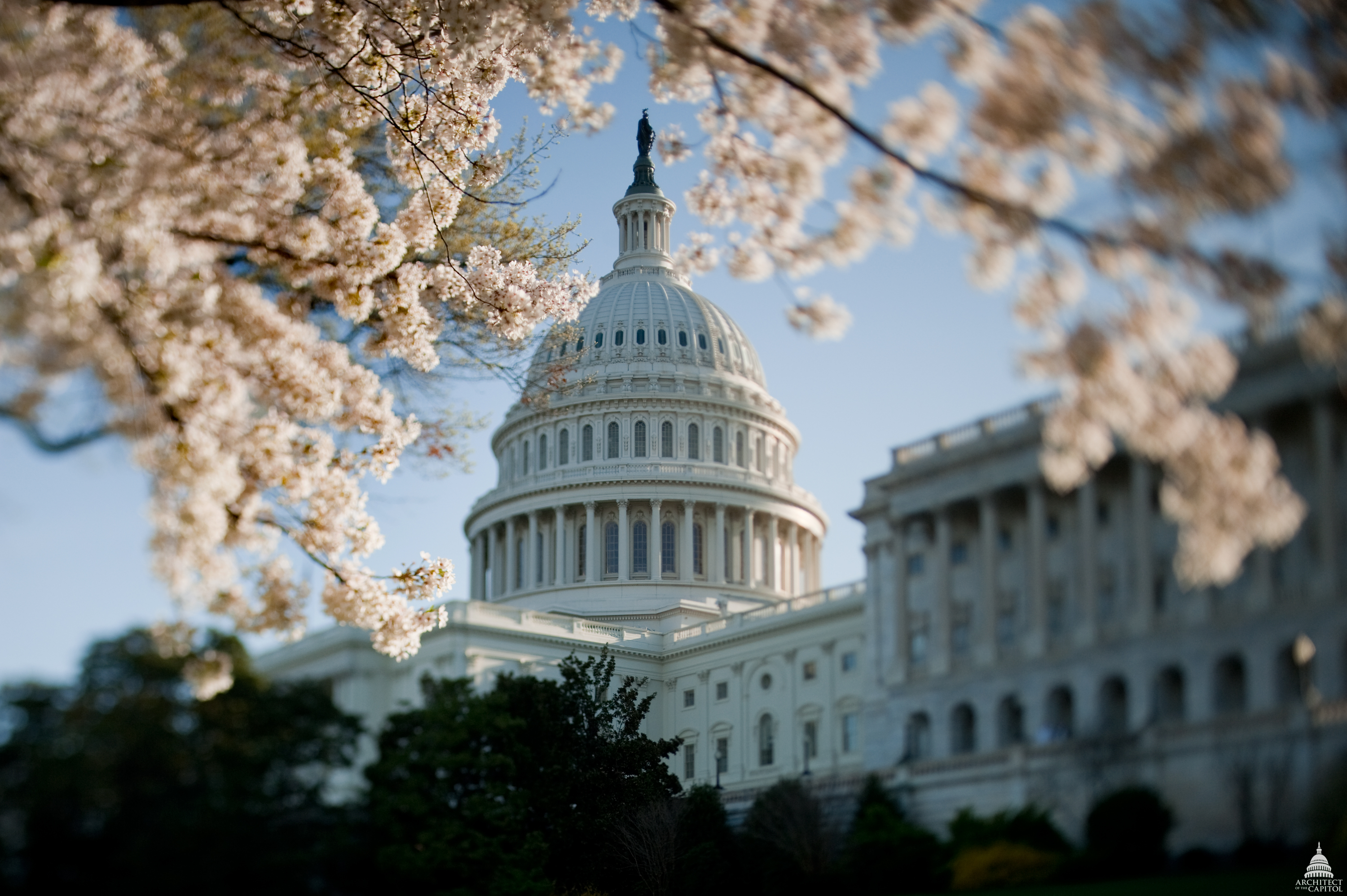New Bill Would Break Up Big Tech's Advertising Giants
Google, Facebook biggest targets of bipartisan legislation

The smarter way to stay on top of the multichannel video marketplace. Sign up below.
You are now subscribed
Your newsletter sign-up was successful
A new bipartisan Senate bill would impose restrictions on the biggest players in the digital advertising market that mirror those on electronic trading in the financial sector. Those restrictions would prevent the largest providers of ad-supported digital platforms from also selling third-party ads, meaning major divestitures for Big Tech's biggest.
The Competition and Transparency in Digital Advertising Act is targeted to the dominance of Google and Facebook in the digital ad market. The bill's backers point out that Google Ad Manager is used by 90% of large publishers, for example.
A bill summary supplied by Sen. Mike Lee (R-Utah) is particularly tough on Google, saying that Google "uses its pervasive market power across the digital advertising ecosystem, and exploits numerous conflicts of interest, to extract monopoly rents and stack the deck in its favor." But other tech giants would be in their sights as well.
The summary minced no words about the potential impact.
"If enacted into law, this bill would most likely require Google and Facebook to divest significant portions of their advertising businesses — business units that account for or facilitate a large portion of their ad revenue," the summary flatly states. "Amazon may also have to make divestments, and the bill will impact Apple’s accelerating entry into third-party ads."
Also: Bills Prompt Faceoff Between Big Tech, Antitrust Groups
Joining Lee in introducing the bill Thursday (May 19) were some big names in the competition oversight space: Sens. Amy Klobuchar (D-Minn.), Ted Cruz (R-Tex.), and Richard Blumenthal (D-Conn.).
The smarter way to stay on top of the multichannel video marketplace. Sign up below.
Bill backers say those are monopoly rents that constitute a tax of more than 40% on every ad-supported website that advertises online, which together comprise a big chunk of the entire economy.
While the bill appears to focus on Google, its supporters also say the legislation will need to apply broadband "to avoid replacing one abusive monopolist with another."
The bill prohibits large digital advertising companies -- and they mean large -- from owning more than one part of the digital ad ecosystem. Large is defined as "process[ing] more than $20 billion in digital ad transactions."
That means that ad exchange owners can't own supply side platforms or demand-side platforms unless those only run their own ad inventory.
All digital ad companies that process more than $5 billion in digital ad transactions would also have to abide by some customer and competition-protection obligations, including to act in customers' best interests, to be transparent about their business practices, and to erect firewalls if they are allowed to operate on both sides of the market, which would be those over $5 billion but under the $20 billion threshold.
But wait, there's more. Both state attorneys general and the Department of Justice would be charged with enforcement, and there would be the dreaded -- at least from companies' perspectives -- private right of action for violations of the obligation for $5 billion-and-up companies if committed by those with over $20 billion in business.
"While online advertising is essential to nearly every business, this broken system has been the primary driver of growth for the tech companies that have failed us in so many other ways: by undermining our privacy, censoring our speech, and exploiting our children," said Sen. Lee.
“For too long, Google and Facebook have dominated the digital advertising marketplace at the expense of advertisers, publishers, and consumers. It is past time for a transparent ad technology industry where the best interests of customers are prioritized and companies of all sizes are able to compete," said Sen. Klobuchar. "This legislation will put rules in place to do just that, restoring and protecting competition in digital advertising to create a more even playing field that will promote fairness and innovation moving forward.”
“Structural interventions in the marketplace are a blunt instrument and would be a bad precedent to set for antitrust regulation," said CCIA President Matt Schruers. "The bill would make online ads more costly and harm consumers and the economy.”
Interactive advertising interests also did not share the legislators' enthusiasm.
“This legislation is intended to punish a few companies, but the effects would reverberate across the digital economy, affecting advertisers large and small as well as the American public," said Interactive Advertising Bureau CEO David Cohen. "The unintended consequences would be devastating to one of the most powerful growth engines of the U.S. economy. The market would lose the scale and precision the internet offers, ad costs would rise, and growth opportunities for brands and publishers would disappear. Small businesses and content creators across the country wouldn’t exist without integrated technologies helping them to attract and retain customers, providing them with products and services."
The Connected Commerce Council saw the bill as a disconnect, suggesting it would "disproportionately hurt small businesses that use affordable digital ads to promote their business." ■
Contributing editor John Eggerton has been an editor and/or writer on media regulation, legislation and policy for over four decades, including covering the FCC, FTC, Congress, the major media trade associations, and the federal courts. In addition to Multichannel News and Broadcasting + Cable, his work has appeared in Radio World, TV Technology, TV Fax, This Week in Consumer Electronics, Variety and the Encyclopedia Britannica.

